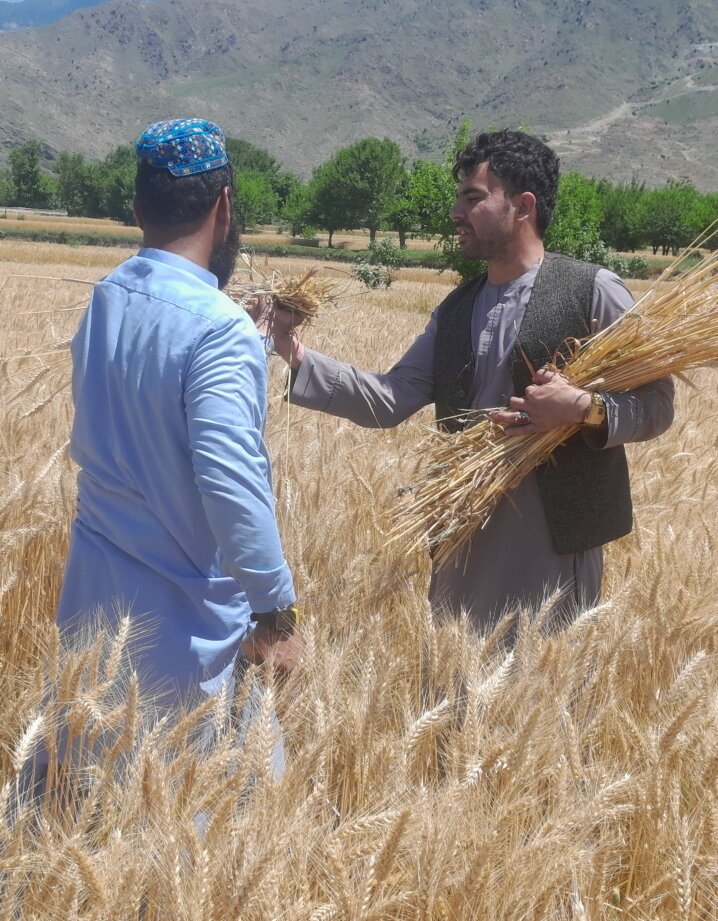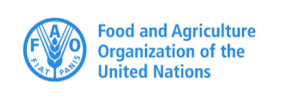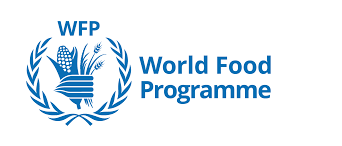Objective:
The Seasonal Food Security Assessment (SFSA) 2024 aimed to evaluate post-harvest food security conditions across all 34 provinces of Afghanistan. The assessment focused on analyzing food availability, access, and utilization at the household level, providing comprehensive insights into the food security landscape. The study’s findings were instrumental in informing the Integrated Phase Classification (IPC) 2025 process and shaping the Humanitarian Response Plan (HRP), thereby guiding strategic humanitarian interventions and resource allocation.
Methodology:
A robust mixed-methods approach was adopted to ensure accurate and comprehensive data collection. This included:
- Household Surveys: Conducted with 16,320 households to assess food security indicators such as food availability, access, utilization, and stability.
- Focus Group Discussions (FGDs): Facilitated 1,488 FGDs with community elders and traders to understand local market dynamics and community perspectives on food security.
- Key Informant Interviews: Engaged with local authorities, agricultural experts, and humanitarian actors to gather qualitative insights on food security challenges and coping strategies.
Advanced digital tools were utilized to enhance data accuracy and efficiency, including:
- KoBo Toolbox and ODK for digital surveys, enabling real-time data collection and monitoring.
- GIS Mapping and GPS-tagged photos for spatial analysis of food security patterns.
- SPSS for advanced statistical analysis to interpret quantitative data effectively.
Scope of Work:
Adroit Associates was responsible for the end-to-end implementation of the SFSA 2024, including:
- Design: Crafting a comprehensive assessment framework aligned with international food security standards and tailored to Afghanistan’s socio-economic and cultural context.
- Data Collection: Coordinating extensive fieldwork across all 34 provinces, leveraging a network of trained enumerators to gather high-quality data from diverse communities.
- Analysis: Utilizing advanced statistical and geospatial techniques to analyze data, identifying food security hotspots and trends at provincial and national levels.
- Reporting: Producing detailed analytical reports with evidence-based policy recommendations, ensuring findings were effectively communicated to stakeholders for informed decision-making.
Key Findings and Impact:
The SFSA 2024 provided critical insights into the food security status across Afghanistan, revealing significant disparities in food availability and access among provinces. It identified vulnerable populations at high risk of food insecurity and highlighted the impact of market fluctuations, climatic shocks, and socio-economic challenges on household food security.
The findings informed the IPC 2025 classification and shaped the Humanitarian Response Plan (HRP), guiding international organizations and humanitarian actors in designing targeted interventions to address food insecurity and enhance community resilience.


